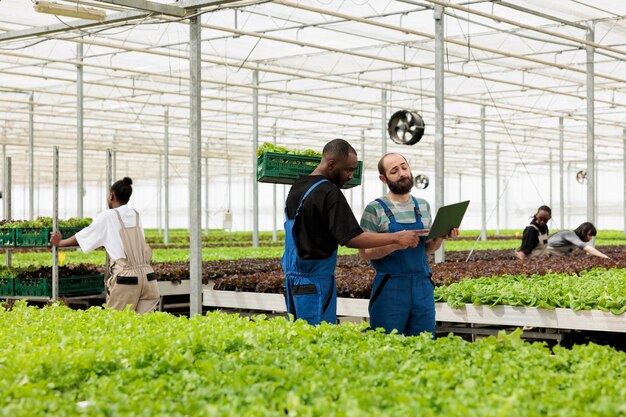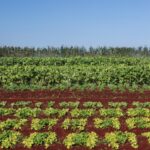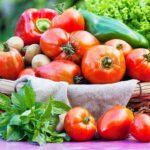Biodynamic farming is an ecological and holistic approach to agriculture that emphasizes the interconnectedness of soil, plants, animals, and humans. Originating in the early 20th century from the teachings of Rudolf Steiner, biodynamic methods focus on enhancing biodiversity, soil health, and sustainability. In South Africa, where agriculture plays a crucial role in the economy and food security, promoting biodynamic farming can contribute to healthier ecosystems and communities. Here are ten ways to foster biodynamic farming methods in South Africa:
1. Education and Training Programs
Establishing educational programs and workshops on biodynamic farming practices is essential. Training farmers, agricultural students, and community members about biodynamic principles can enhance knowledge and skills. Institutions, NGOs, and local communities can collaborate to organize seminars and hands-on training sessions.
2. Support for Local Biodynamic Associations
Encouraging the formation of local biodynamic associations can create a platform for farmers to share experiences, resources, and best practices. These associations can facilitate networking opportunities, workshops, and access to expert advice, strengthening the biodynamic farming community in South Africa.
3. Research and Development Initiatives
Investing in research that explores the benefits and efficacy of biodynamic practices can help validate and promote these methods. Collaborating with universities and research institutions can lead to studies that highlight the advantages of biodynamic farming in South African contexts, including its impact on soil health, crop yields, and biodiversity.
4. Access to Biodynamic Inputs
Ensuring farmers have access to biodynamic seeds, compost, and other inputs is crucial. Encouraging local production and distribution of these resources can reduce costs and promote the use of biodynamic methods. Establishing partnerships with suppliers and creating local markets for biodynamic products can also enhance accessibility.
5. Government Policies and Support
Advocating for supportive government policies that promote biodynamic farming practices can foster growth in the sector. This could include providing financial incentives, grants, or subsidies for farmers adopting biodynamic methods, as well as integrating biodynamic principles into agricultural policies and programs.
6. Sustainable Certification Programs
Developing certification programs for biodynamic farming can help promote and distinguish these practices in the marketplace. A recognized certification can enhance consumer trust and demand for biodynamic products, encouraging more farmers to adopt these methods.
7. Community Supported Agriculture (CSA)
Encouraging the establishment of Community Supported Agriculture programs can connect local consumers directly with biodynamic farmers. This model not only supports farmers but also fosters community engagement, education about sustainable practices, and the consumption of fresh, locally produced food.
8. Agroecological Practices
Promoting agroecological practices alongside biodynamic methods can enhance biodiversity and sustainability. Farmers can be encouraged to incorporate crop rotation, cover cropping, and companion planting, all of which align with biodynamic principles and contribute to healthier ecosystems.
9. Networking and Collaboration
Creating networks among biodynamic farmers, researchers, and agricultural organizations can facilitate knowledge sharing and collaboration. Establishing online platforms or forums can help connect individuals and organizations interested in biodynamic practices, fostering innovation and support.
10. Public Awareness Campaigns
Raising public awareness about the benefits of biodynamic farming is essential for building consumer demand and support. Campaigns can educate consumers about the importance of sustainable agriculture and the advantages of biodynamic products, encouraging them to choose these options in local markets.
Fostering biodynamic farming methods in South Africa presents an opportunity to enhance agricultural sustainability, promote biodiversity, and improve food quality. By implementing educational initiatives, supporting local associations, and advocating for policy changes, South Africa can cultivate a thriving biodynamic farming community that benefits both the environment and its people.
Join 'Farmers Mag' WhatsApp Channel
Get the latest Farming news and tips delivered straight to your WhatsApp
CLICK HERE TO JOIN






